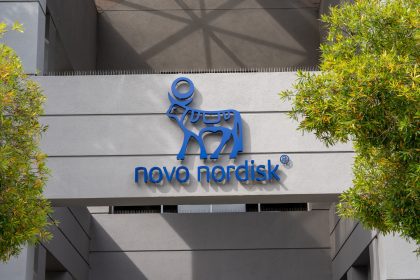Recent medical research reveals striking differences between surgical and pharmaceutical approaches to weight management. While GLP-1 medications like Ozempic and Wegovy have garnered significant attention, bariatric surgery continues to demonstrate superior long-term results for sustained weight loss.
Understanding the obesity crisis
Current statistics paint a concerning picture:
42% of Americans struggle with obesity Obesity-related health costs exceed $173 billion annually Medical complications affect multiple body systems Traditional interventions show limited success Weight stigma creates additional barriers to treatment
How bariatric surgery transforms lives
Surgical interventions demonstrate remarkable outcomes:
Gastric bypass patients lose 32% of body weight in year one Sleeve gastrectomy achieves 29% weight reduction Weight loss maintains at 25% for up to ten years Diabetes remission rates reach 80% in some studies Cardiovascular risk factors significantly improve
The promise of GLP-1 medications
Modern weight loss drugs offer new hope:
Medications achieve 10-21% body weight reduction Weekly injections simplify treatment compliance Side effects generally remain manageable Insurance coverage continues expanding New formulations show improved effectiveness
Comparing long-term success rates
Research reveals crucial differences:
Surgical patients maintain 25% weight loss at 10 years GLP-1 users regain 50% of lost weight after stopping Surgery provides metabolic benefits beyond weight loss Medication requires continuous use for sustained results Combined approaches show promising outcomes
Financial considerations
Cost analysis reveals important factors:
Surgery typically costs $20,000-$25,000 Annual GLP-1 medication expenses reach $15,000 Insurance coverage varies significantly Long-term medication costs accumulate Investment versus benefit calculations matter
Health impact beyond weight loss
Both approaches affect overall health:
Blood pressure improvements Diabetes management or remission Joint pain reduction Sleep apnea resolution Cardiovascular risk reduction
Psychological aspects of treatment
Mental health plays a crucial role:
Surgery requires psychological evaluation Medication adaptation proves easier Body image changes affect both groups Support systems influence success Behavioral changes remain essential
Lifestyle modifications required
Both treatments demand lifestyle changes:
Dietary restrictions post-surgery Exercise requirements for optimal results Vitamin supplementation needs Regular medical monitoring Behavioral therapy benefits
Understanding surgical options
Different procedures offer varying benefits:
Gastric bypass provides maximum weight loss Sleeve gastrectomy offers simpler approach Adjustable bands require frequent monitoring Revision surgery sometimes necessary Complication rates vary by procedure
Medical advancement in GLP-1 drugs
Pharmaceutical innovations continue:
New formulations under development Improved delivery systems emerging Combination therapies showing promise Reduced side effect profiles Enhanced effectiveness rates
Risk assessment and management
Both approaches carry considerations:
Surgical complications possible Medication side effects common Long-term health implications Recovery time variations Monitoring requirements differ
Making an informed decision
Factors to consider include:
Current health status Weight loss goals Financial resources Support system availability Lifestyle adaptation capability
The role of medical supervision
Professional oversight remains crucial:
Regular monitoring requirements Adjustment of treatment plans Complication management Progress evaluation Support system coordination
Future developments and research
Emerging trends show promise:
New surgical techniques Advanced medications Combined treatment approaches Improved monitoring systems Enhanced support programs
Building success through support
Support systems influence outcomes:
Professional counseling benefits Support group participation Family involvement importance Online community resources Regular check-in protocols
Remember that choosing between bariatric surgery and GLP-1 medications requires careful consideration of multiple factors. Work closely with healthcare providers to determine the most appropriate approach for your specific situation and goals.













